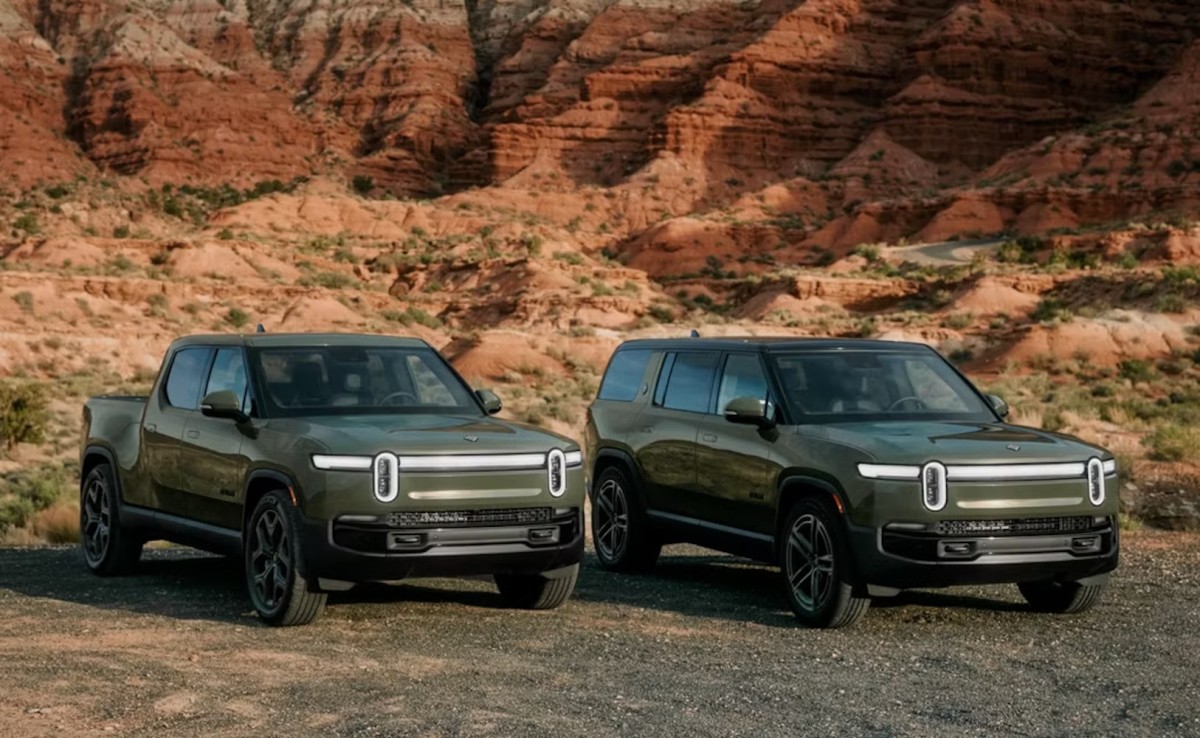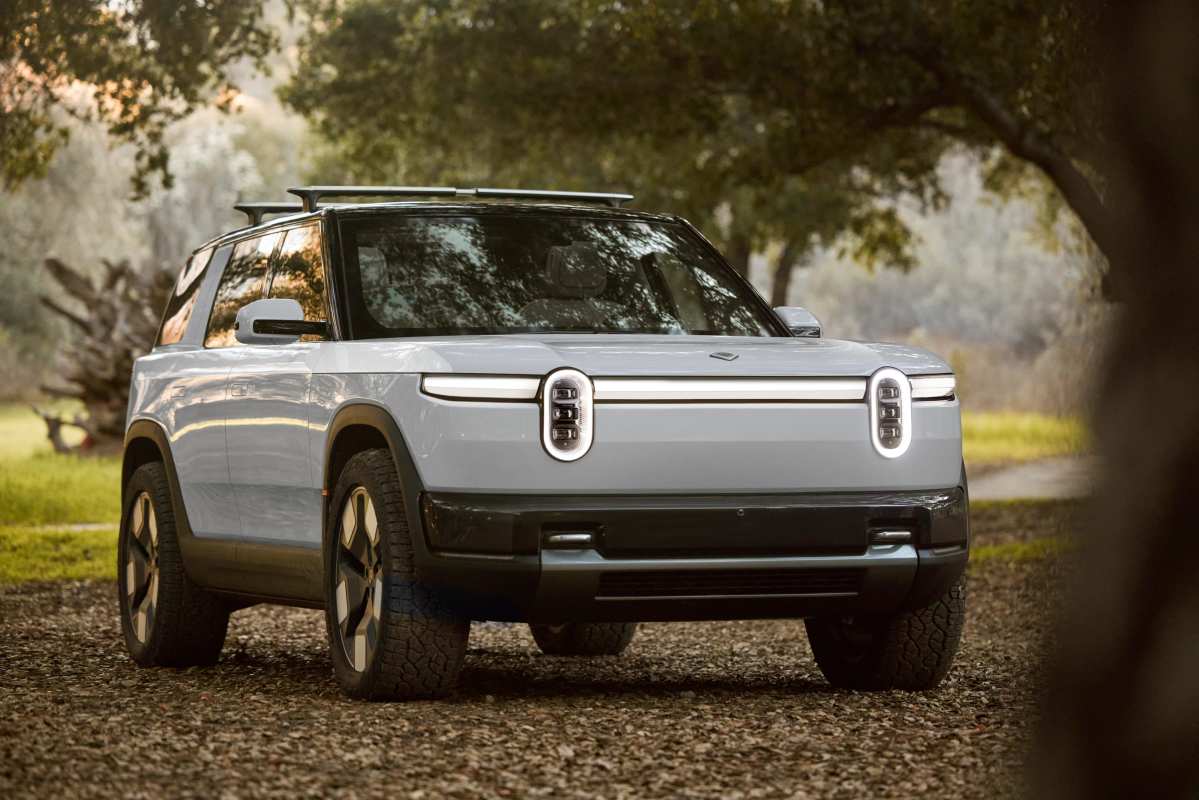Automaker Hopes To Continue Evolution Of Its Tech Platform
Rivian has announced plans to open an office in London “to further the company’s AI and autonomous driving ambitions.” The new office would complement an existing Rivian tech office in Palo Alto, California, according to a company press release.
“Our connected vehicles improve over time through over-the-air updates—and the work the team will do in the U.K. will accelerate our plans and ensure our vehicles remain one of the most technologically advanced and appealing on the road,” James Philbin, Rivian vice president of autonomy and AI, said in a statement.
Building On Existing Sensors, Data Collection
Rivian
The work at the new London office is expected to build on the Rivian Autonomy Platform, the driver-assist sensor and computing suite that debuted with what the automaker calls its “second-generation” models. These are the updated versions of the R1S and R1T that debuted for the 2025 model year looking the same outside, but with numerous hardware changes underneath.
Rivian’s most sophisticated driver-assist system currently allows for hands-free driving as long as drivers keep their eyes on the road, but the automaker believes it can achieve higher levels of automation by leveraging data collected from the growing fleet of newer vehicles. Rivian hopes to construct what it calls a “Large Driving Model” that can understand “complex driving scenarios,” paving the way for increased automation.
Major Expansion Continues
Eric Anderson/Rivian
Back in the U.S., Rivian also recently announced a new East Coast headquarters in Atlanta, not far from the automaker’s planned second factory. That $5 billion project was announced in 2021, initially targeting a 2024 opening, but construction was later paused, pushing back the opening to 2027 and then 2028.
Late last year, Rivian was awarded a $6.4 billion conditional loan from the federal government that could be crucial to funding the plant’s completion. A $5.8 billion joint venture with the Volkswagen Group, which will give the German automotive behemoth access to Rivian’s zonal electrical architecture and software, should also help put the company on the firmer financial footing as it undertakes the launch of its lower-priced R2 electric SUV.
For now, though, things are still a bit tenuous. At the end of last month, Rivian laid off 140 employees, representing about 1% of its workforce, although they were reportedly encouraged to apply at other open positions within the company.